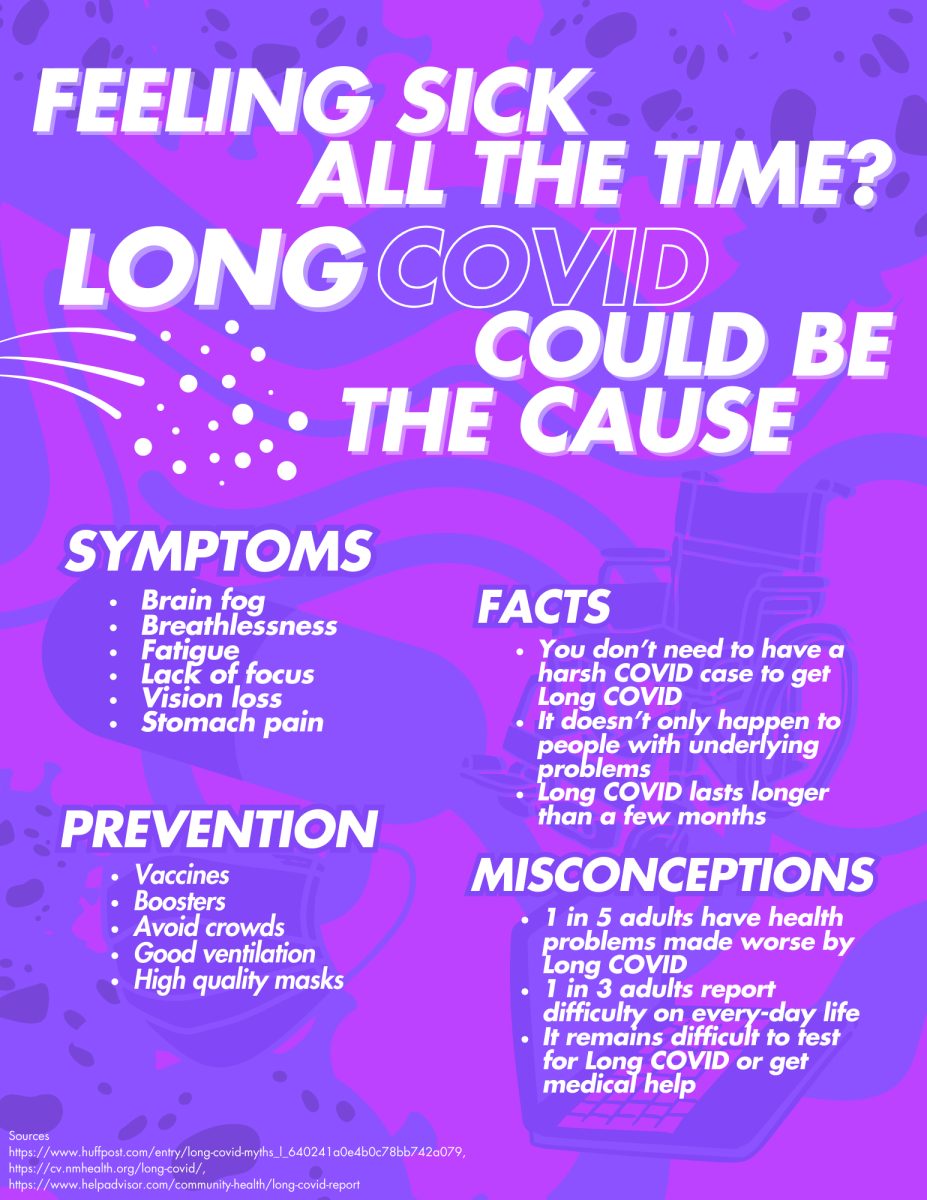The Rise of Social Media
March 8, 2023
In recent years, social media platforms have become the primary source of news for many Americans online. However, these platforms have also become popular for disinformation and misinformation. This is a growing concern for society since many Americans are being led to believe harmful narratives, this can cause social, political, and economic harm. There must be something done to prevent the spread of disinformation and misinformation on social media without infringing on First Amendment freedoms.
The spread of disinformation and misinformation is a complex issue that requires careful consideration. Freedom of speech and the press is a valuable and important resource, but there is a need to regulate false and misleading content on social media platforms. To prevent the spread of false news, anyone using their social media platform to promote the spread of disinformation or misinformation should either be shadow banned, suffer account suspension, or undergo account removal.
The spread of disinformation and misinformation on social media platforms has already had severe consequences. For instance, three MIT scholars, Sinan Aral, Deb Roy, and Soroush Vosoughi discovered that “false news stories are 70 percent more likely to be retweeted than true stories are”.
Social media platforms like Facebook, Twitter, and YouTube have been under scrutiny for their role in spreading disinformation and misinformation. According to a Pew Research Center survey, about 62% of Americans get their news from social media. Unfortunately, many of the news stories shared on social media platforms are misleading or false.
Due to the large spread of false news, people make irrational decisions. For example, Pizzagate. In 2016 Alex Jones, the Info-Wars host, had falsely reported that Hillary Clinton was sexually abusing children as a satanic ritual in the pizza restaurant Comet Pizza’s basement. To most, this sounds ridiculous and erroneous, but others believed this whole-heartedly. Dec. 1, 2016, Edgar Maddison Welch, a father of two from Salisbury, North Carolina, showed up to Comet Pizza armed with an AR-15, .38 handgun, and a folding knife. Once there he was only able to find employees of a pizza restaurant doing their job. Welch was a victim of believing false narratives and now must suffer the consequences as a convicted felon.
Individuals who oppose the notion of the spread of disinformation and misinformation on social media argue that regulating content would limit free speech which undermines The First amendment, which states: “Congress shall make no law … prohibiting the free exercise thereof; or abridging the freedom of speech, or of the press; or the right of the people peaceably to assemble, and to petition the Government for a redress of grievances.” Given that all social media apps are privately owned (not owned by the government), the First Amendment does not apply here. This entails that a social media app may censor, block, or shadow-ban content that doesn’t fit into their guidelines. While it may be immoral to do so, there is nothing preventing them from doing so since there are no rules or regulations.
The spread of disinformation and misinformation on social media platforms is a growing concern that requires action. It is essential to find a balance between the freedom of speech and the need to regulate the spread of false and misleading content. Social media platforms need to take responsibility for the content they allow to be published on their platforms. They should include a fact-checking and verification processes to target false news. Social media companies should also be transparent in how their algorithms work and how they rank content. Media literacy education should be encouraged to help people distinguish between genuine news and fake news. It is important to teach people how to identify reliable sources and evaluate the credibility of information.








